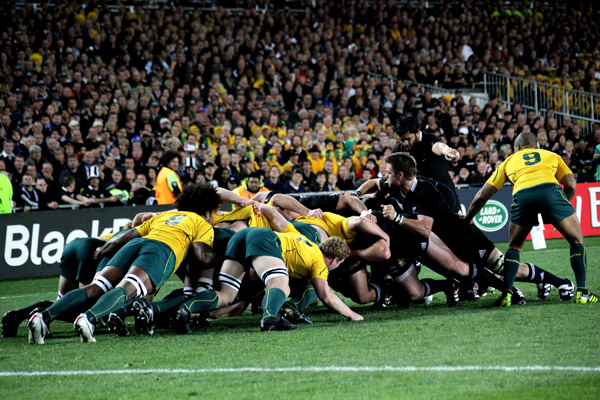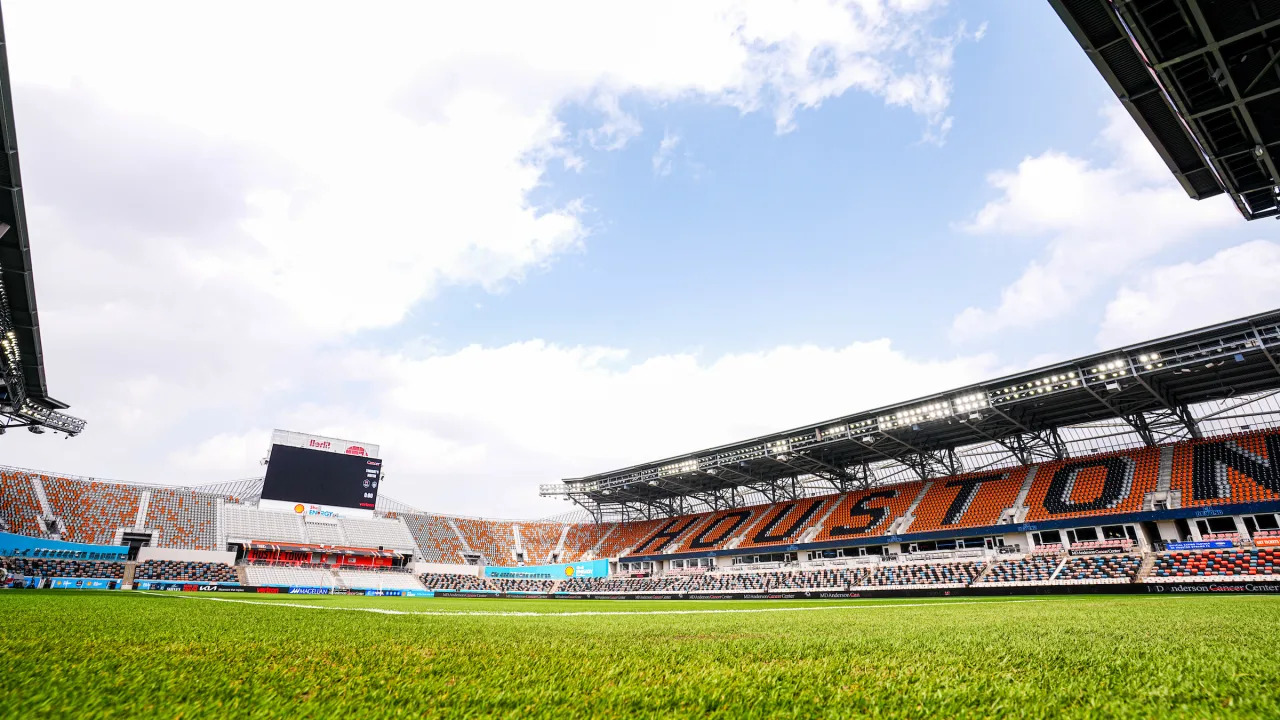Australia-hosted 2027 Rugby World Cup to feature more teams, tighter schedule

The next Rugby World Cup set to take place in Australia in 2027 is undergoing significant changes, featuring an increased number of teams, an additional knockout round and a reduced timeframe.
This 2027 tournament – the 11th edition since in the inaugural RWC in 1987 – will accommodate 24 teams, marking the first expansion since 1999 when it grew from the original 16 teams to 20.
The qualification process for the four new teams will be determined following a review of the current World Cup in France, as announced by World Rugby on Tuesday.
To streamline the tournament, the pool stage will be condensed to four weeks, leading into a new round of 16. This adjustment will enable the entire event to be played over a span of six weeks, rather than the previous seven.
The competition will consist of six pools, each comprising four teams. The top two teams from each pool, along with the four best third-placed teams, will advance; currently only the top two qualifiers from four pools move through to the quarter-finals. World Rugby is committed to maintaining the current turnaround between matches to ensure the wellbeing of the players.
The draw for the 2027 Rugby World Cup is set to occur in January 2026. This timing was chosen as a compromise between being too late and too early. Holding the draw in January 2027, merely 10 months before the tournament, would pose risks to ticket sales and tournament financing.
World Rugby CEO Alan Gilpin explained that such a situation would cause frustration among fans who would have less than a year to plan for the Rugby World Cup. Gilpin justified the choice of January 2026 as a balanced solution. It ensures fairness and allows ample time for planning and preparation.
The current Rugby World Cup in France also adopted a similar approach, with the draw taking place almost three years before the tournament, in December 2020. The controversy emerged only in the past year due to significant changes in world rankings, resulting in the top five teams being placed in one-half of the draw by the time the tournament commenced in Paris.
Two of the quarter-final showdowns – Ireland versus New Zealand and France versus South Africa – were widely regarded as pitting the best four teams in the world against one another.
The decision to expand the tournament was partially influenced by the United States’ failure to qualify for the World Cup in France. The US is set to host the 2031 men’s World Cup and is granted automatic qualification as the host nation. To prevent the US from not qualifying for the 2027 event and facing a 12-year gap between World Cups, the expansion was deemed a logical step.
“The decision to expand Rugby World Cup 2027 to 24 teams is logical and the right thing to do,” World Rugby Chairman Bill Beaumont stated.
“We must create greater relevance, opportunity and competitiveness to attract new fans and grow value.
“This incredible Rugby World Cup 2023 tournament has demonstrated the passion and potential that lies beyond the top 10 or 12 nations, if we think big and think inclusive. It is not acceptable to accept the status quo. Not acceptable to do nothing.”
While Rugby Australia initially bid for the 2027 tournament as a 20-team event, it has welcomed the expansion as a “fantastic outcome”, as confirmed by Rod Eddington, the head of the organising committee.
New Zealand and South Africa face off in the 2023 Rugby World Cup final in Paris on Sunday morning (AEDT). Australia last hosted the RWC in 2003.
It's free to join the team!
Join the most engaged community in the Sports Business World.
Get all the latest news, insights, data, education and event updates.






